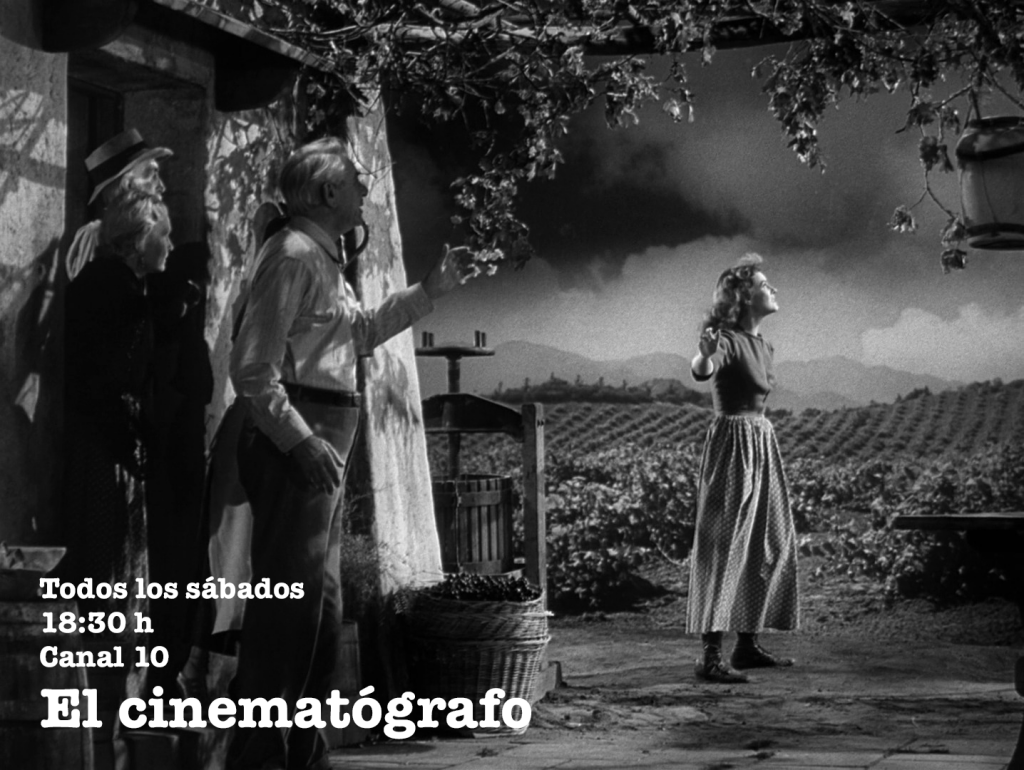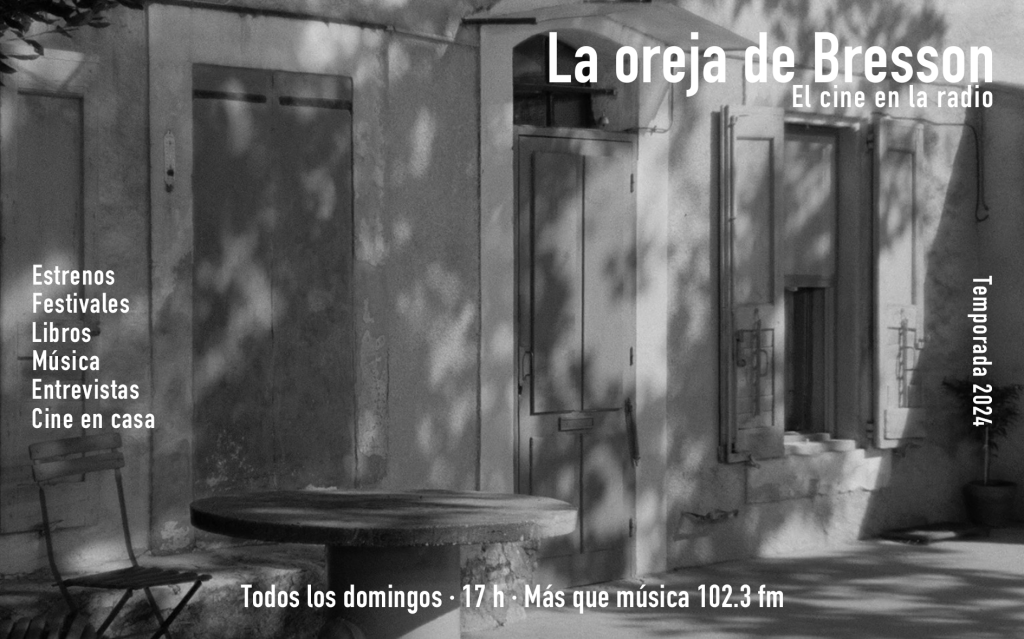
SHORT REVIEWS (35): TWO FILMS BY PAULO ROCHA: MUDAR DE VIDA Y OS VERDES ANOS
Mudar de vida / Change of Life, Paulo Rocha, Portugal 1966.
The second feature by Paulo Rocha (and written by António Reis and Rocha), a point of reference for many Portuguese directors of our time (the restoration of the copy was supervised by Pedro Costa), tells the story of a soldier who, after a long time fighting in Africa, comes back to the village where he was born to find that his wife has gotten together with his older brother and has formed a family (the moment they meet in the forest is cinematically perfect: the rhythm of the scene, the administration of sentimental suspense as to the distance between the characters and their unavoidable reunion, the semantic precision in the first dialogue the couple has had in years). The potential melodrama that articulates the story will have its own development; and there will be an unexpected twist that will change the course of the main character, which in turn will also lead to a change of scenery. Life at sea will be substituted by life by the rivers. That change doesn’t weaken the point of view of Rocha’s recording and describing the dignity of fishermen and workers, which can be corroborated in several sequences like the numerous, almost documentary, instances in which men prepare their nets, row their boats, and come back from the sea after a day’s work, or also in the moments of leisure in which the community sings and dances at the center of the village. To film the experience of labor, on the one hand, and to link it to the experience of falling out of love demands enough sociological shrewdness to perceive the place loving consolation has for common men. It’s because of this that a popular sensibility shines through the film, frame after frame.

Os verdes anos / The Green Years, Paulo Rocha, Portugal, 1963.
The notable first work of Rocha, a title that ended up being the kick off of what became known as the New Portuguese Cinema, tells the story of a young country boy called Júlio who arrives in Lisbon looking for work and a new horizon while staying with his uncle, a secondary character who nonetheless has the prerogative of being the narrator. The moment Julio meets Ilda, a domestic employee who will be his first love, is also the instant in which the naivety of the newcomer is revealed; the scene takes place at the entrance of the building in which the young woman works and the gag is of an unforgettable candidness. The evolution of the love relationship between the shoemaker and the maid comes with Julio’s slow, and perhaps failed, learning about a way of life that will remain, inexorably, alien to him. The unsuspected outcome of the film can be guessed indirectly during the times of leisure, even during the beautiful outings of the lovers through the streets of Lisbon and its outskirts. In those pleasant instances we find, paradoxically cyphered, that which sets the lovers apart; the progressive narrative tension—that, in the end, surprises us—advances through circumstantial details hidden by the evident fondness with which Rocha treats his characters and the for- mal delight with which he records their motion both in the urban and domestic spaces. Each outing results in a framing lesson—see, for instance, the boat trip, or the high-angle shots at the end, that deliberately affirm the incompatibility between the protagonist and the modern rules of the city.
Roger Koza / Copyleft 2020





Últimos Comentarios